The age-old debate of whether a god exists or not often sparks contemplation. While some are born into faith, others have never embraced the concept. With 20% of Americans classifying themselves as nones and 17% identifying as atheists brings questions about existence and faith.
What Evidence Supports God’s Existence?
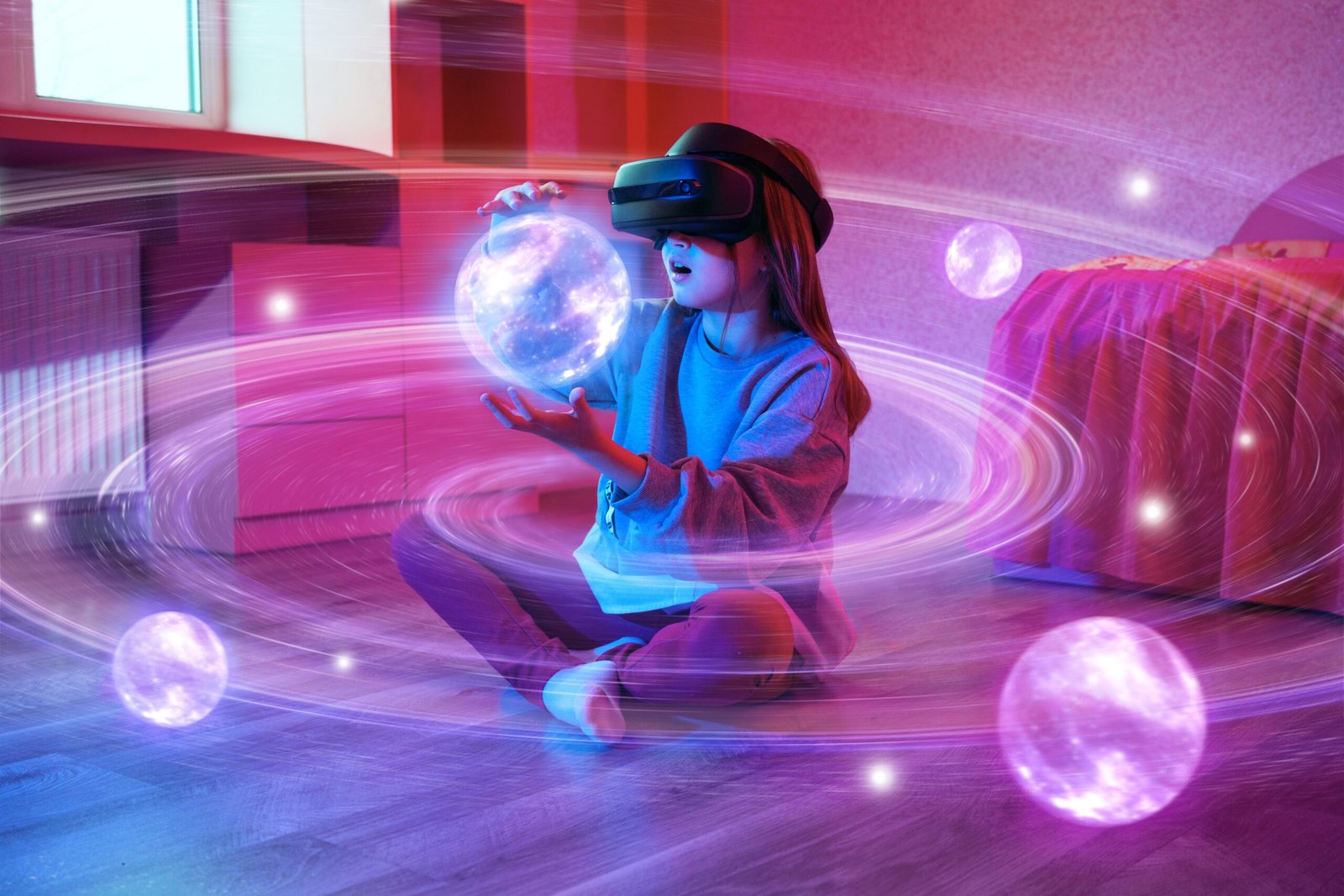
Theists often find evidence of God’s existence in the complexity and order of the universe. They see it as the proof of divine creation. On the other hand, atheists rely on scientific theories like the Big Bang to explain the origins of the universe. They focus on empirical evidence over faith-based claims.
Why Doesn’t God Reveal Himself?

Theists often cite personal experiences or spiritual encounters as evidence of God’s presence. Conversely, atheists question why God doesn’t provide more direct proof of his existence to all humankind. This discrepancy raises doubts among atheists about the reality of God’s existence.
Do You Believe in Evolution?
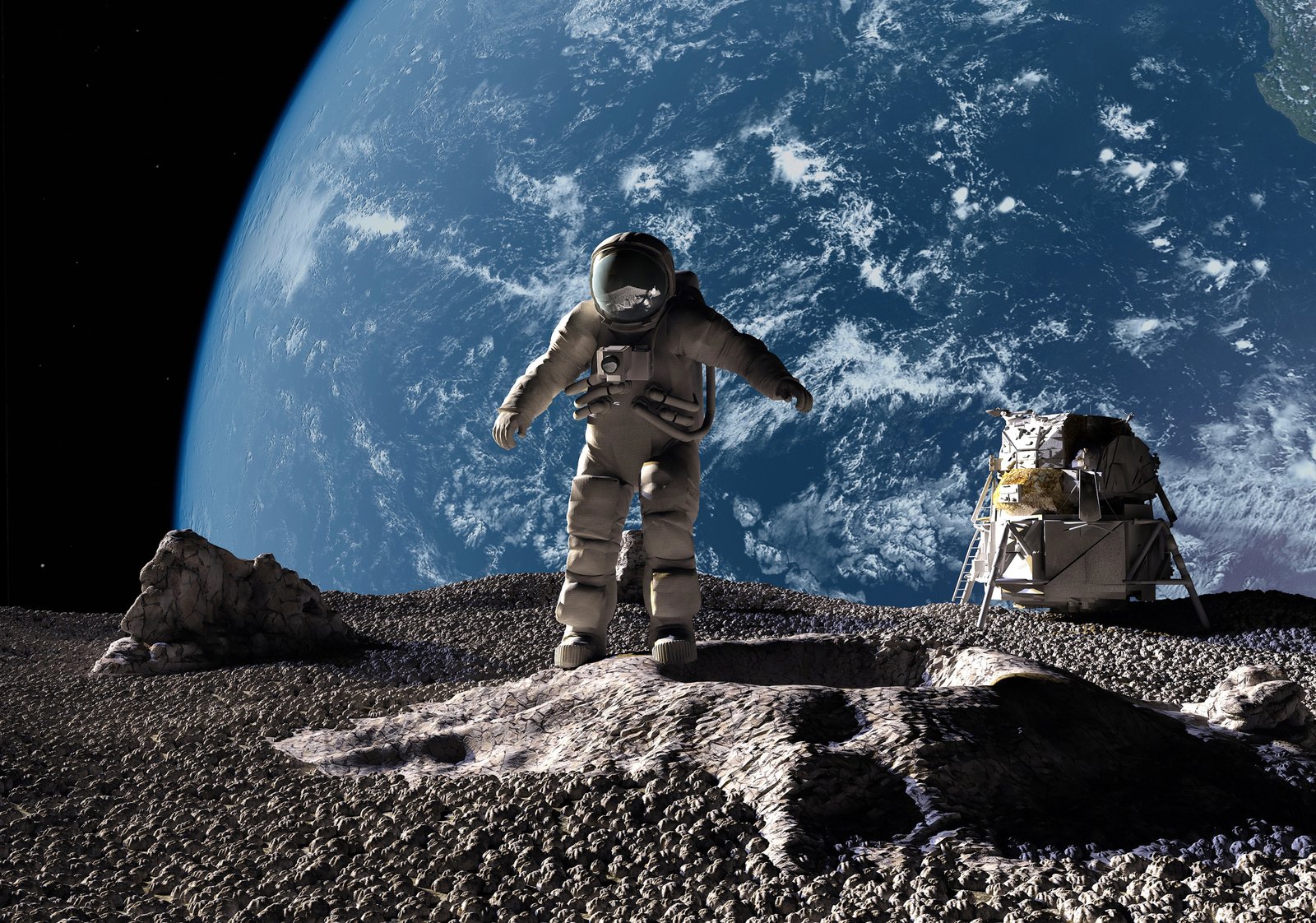
Creationists reconcile scientific evidence with religious belief by interpreting evolution as a tool used by God in the process of creation. However, atheists embrace Darwin’s theory of evolution as a natural explanation for the diversity of life. This emphasizes empirical evidence over religious doctrine.
Why Does God Allow Tragedies to Happen?

Theists attribute suffering to human will and divine plans. They view it as a test of faith or a means of spiritual growth. Atheists, on the other hand, question why a benevolent God would allow innocents to suffer. They view suffering as evidence against the existence of an all-loving and all-powerful deity.
Do You Believe in Fate?

People who believe in fate believe in predetermined outcomes and destiny. While atheists emphasize individual autonomy and the absence of predestination. They argue that people shape their own lives through choices and actions. They are not subjected to a predetermined fate.
Do You Believe in an Afterlife?
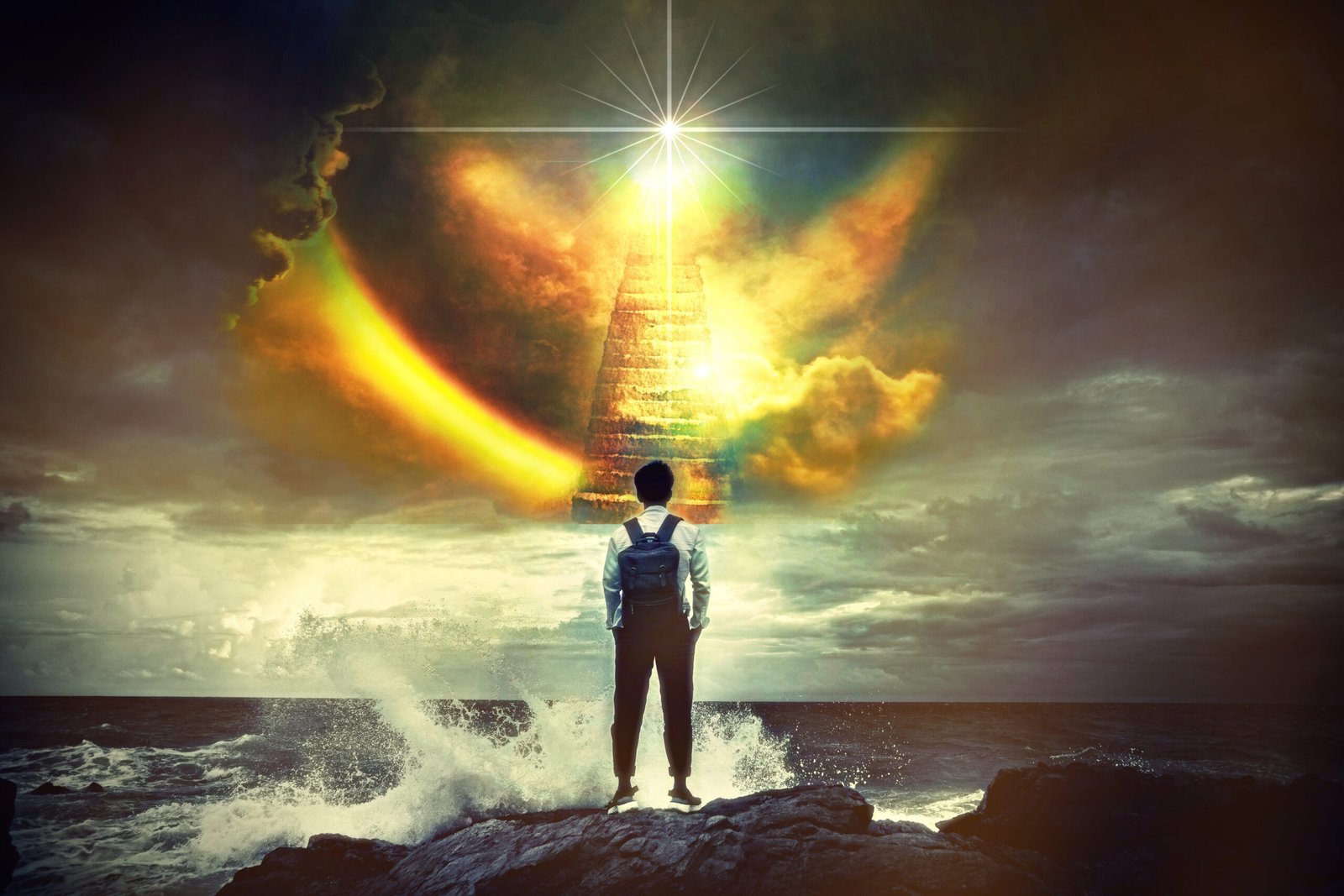
Atheists question the existence of an afterlife, viewing death as the end of consciousness. Theists find comfort in the belief in an afterlife. They draw on religious teachings and personal experiences to support their faith in life after death.
Do You Think How You Lead Your Life Impacts the Afterlife?

Some religious beliefs focus on the importance of moral conduct in determining one’s fate in the afterlife. Atheists, however, often reject the concept of an afterlife altogether. They view moral behavior as valuable for its intrinsic benefits rather than its potential impact on an unknown realm beyond death.
Why Insist on a Single God?
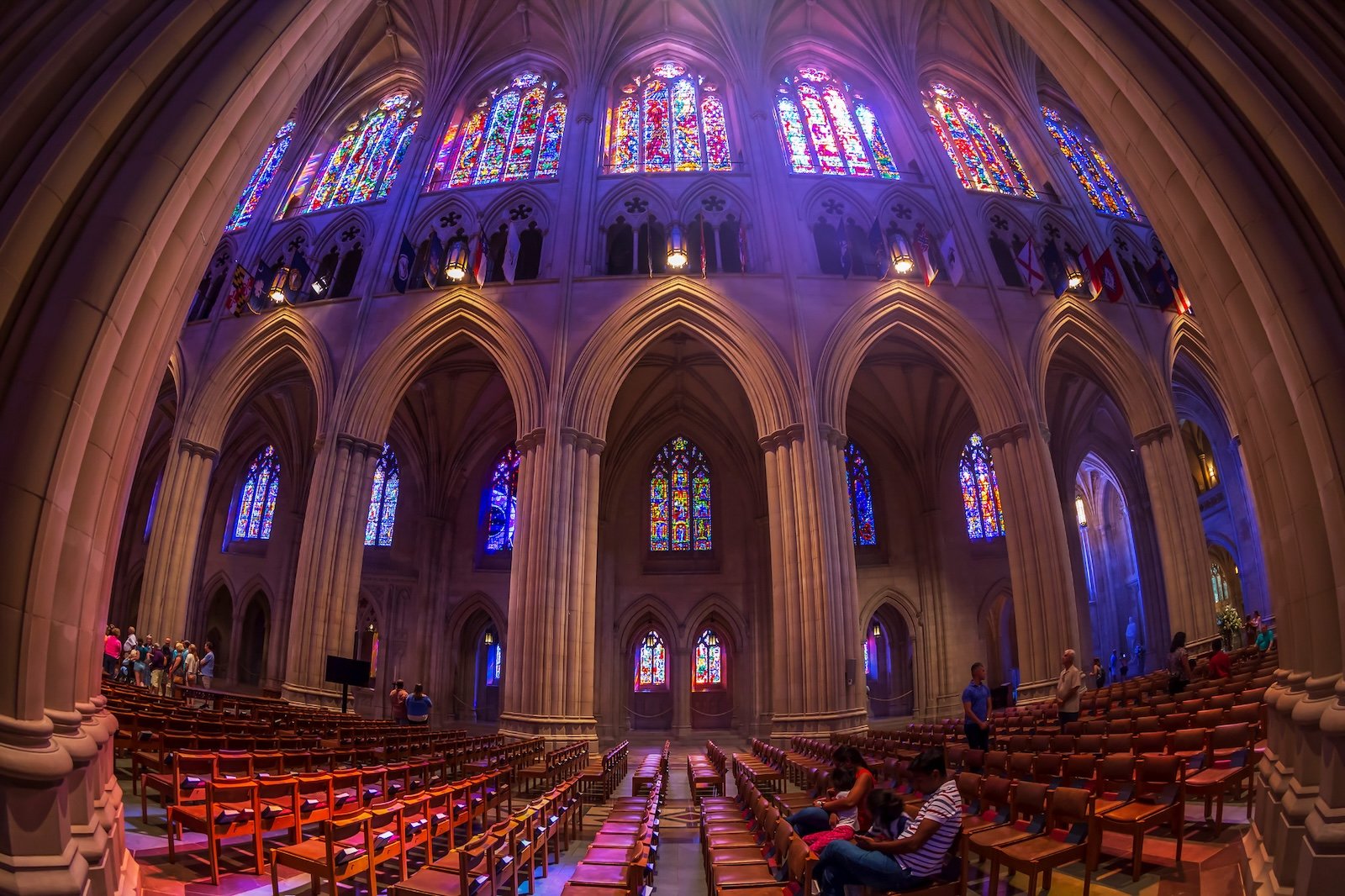
Many believers uphold monotheism as the ultimate truth, rejecting the notion of multiple gods. Atheists challenge the certainty of believers in their specific conception of God. They emphasize the influence of cultural factors on religious beliefs.
What Makes You Believe Your Faith is the True Religion?

While some believers assert the superiority of their religion, atheists advocate for religious pluralism. They acknowledge the diversity of human beliefs and experiences. Atheists argue that no single religion can claim exclusive access to truth, promoting tolerance and inclusivity.
If God Created the Universe, Who Created God?

The concept of an eternal God raises questions about the origin of the deity. Believers often argue that God is beyond the constraints of time and space. Whereas, atheists assert the principle of causality that suggests something must have created God.
Do You Believe Everything in Your Holy Text?
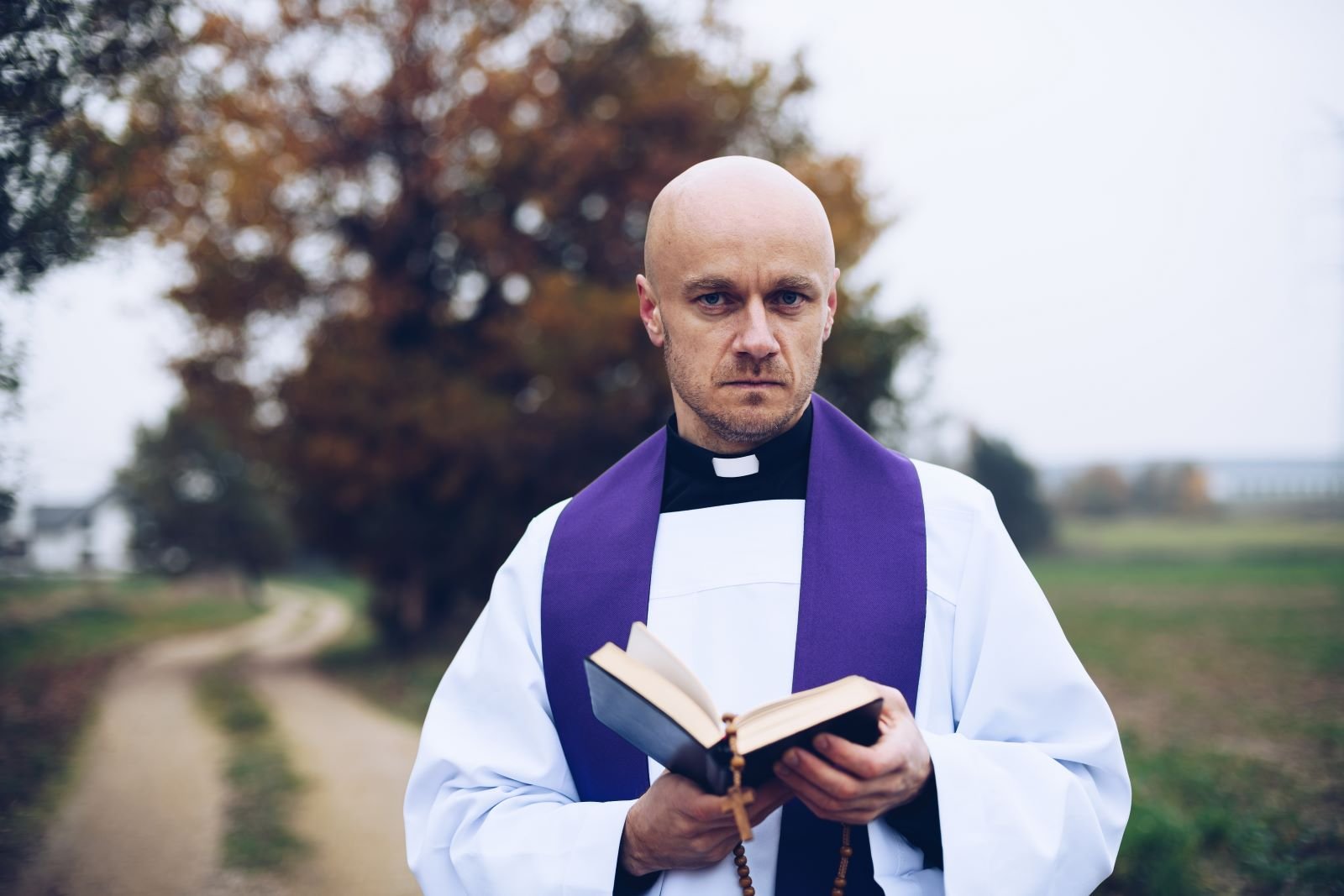
Many religious individuals adhere strictly to their holy texts. They view them as divine revelations. However, atheists critique these texts for containing archaic laws and customs inconsistent with modern values. The clash between religious doctrine and contemporary societal norms fuels debates over the relevance and applicability of ancient scriptures.
Have You Found Contradictions in Your Holy Text?

Religious scriptures sometimes present conflicting messages or interpretations. This prompts scrutiny from atheists. Some believers approach these texts metaphorically or as subject to interpretation. Conversely, atheists often highlight apparent contradictions to challenge the infallibility of holy writings.
Why Are There So Many Different Religions and Interpretations of God?

The number of religions and interpretations of Gods raises questions about the nature of divine revelation and human understanding. Atheists find the variety of religious beliefs subjective and perplexing. They question how believers reconcile interpretations within their faith traditions.
Why Does Evil Exist?

Theodicy, or the problem of evil, challenges believers to reconcile the existence of suffering with the concept of a benevolent deity. While some attribute evil to metaphysical forces like demons, atheists view such explanations as coping mechanisms. They do not identify them as valid solutions to human suffering.
Why Does Religion Play a Role in Wars and Conflicts?
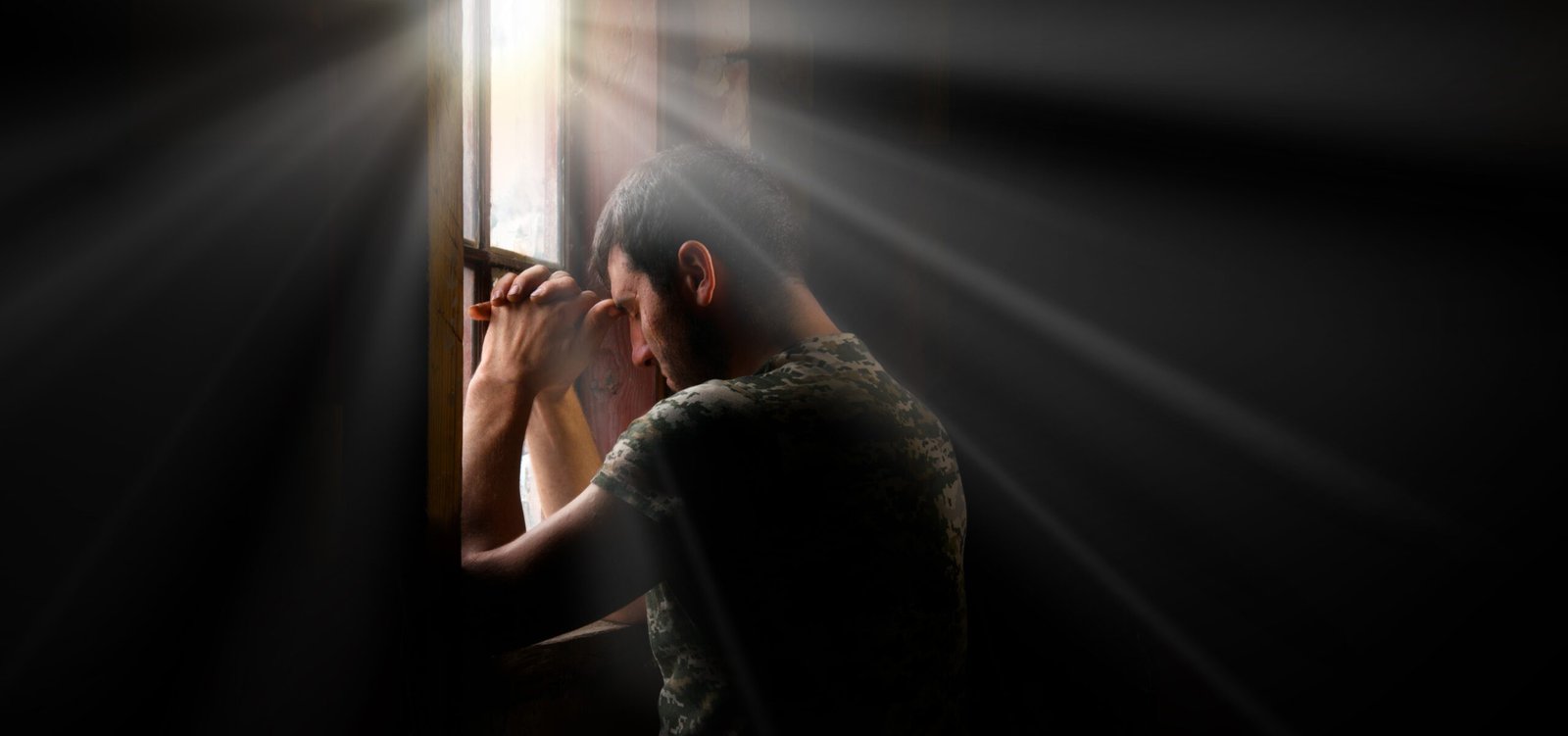
Throughout history, wars have been waged in the name of religion. It presents a stark contradiction to the peaceful messages supported by most faith traditions. Atheists question the role of religion in inciting violence and seek to understand how believers reconcile their faith with the atrocities committed in its name.
How Do You Reconcile A God with All the Sufferings in the World?

The prevalence of suffering in the world poses a significant philosophical challenge to the existence of a benevolent and omnipotent God. Atheists grapple with the notion of a loving deity allowing immense suffering. That’s why they seek honest perspectives from believers on how they reconcile the presence of evil with their faith.
How Can Science Coexist with Faith in Your Worldview?

Many perceive science and religion as conflicting domains. While faith is concerned with existential questions, science with empirical observation. However, believers and atheists alike can explore the complementary aspects of these realms. They recognize that science provides clarity on the mechanisms of the universe while faith delves into its underlying purpose.
Do You Think Atheists are Bad?

Religious individuals often view atheists with sympathy, seeing them as individuals who may one day embrace religious truths. Conversely, atheists may perceive religious adherents as products of indoctrination. It may be shaped by their societal and cultural influences to uphold specific beliefs. This highlights the different perspectives on spirituality and skepticism.


